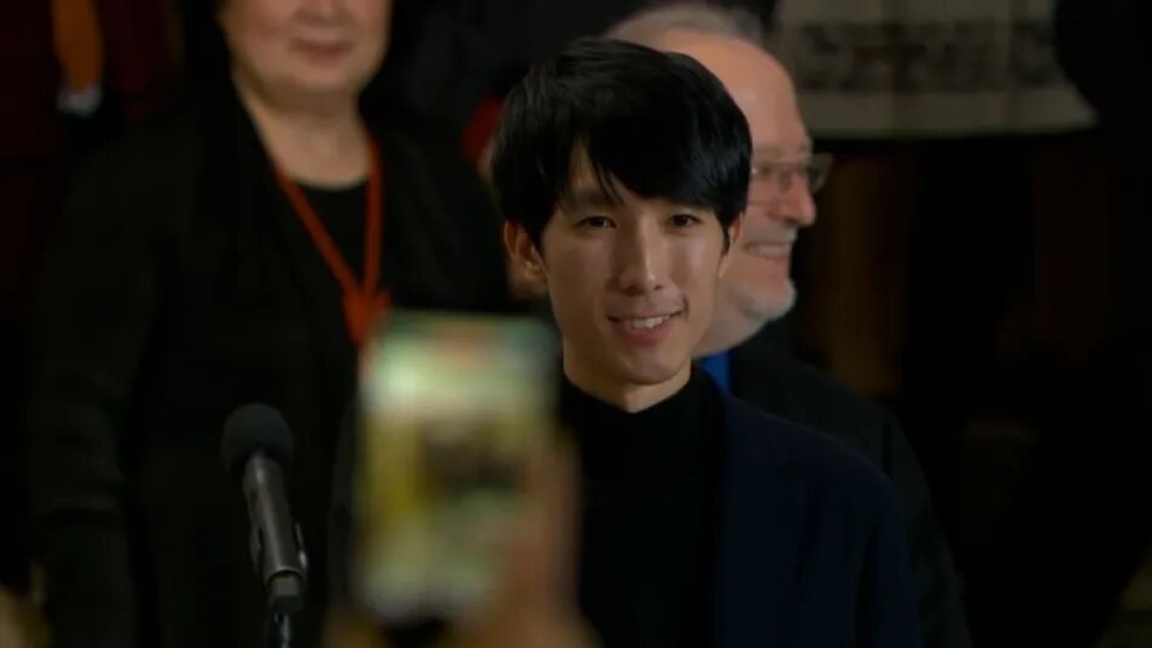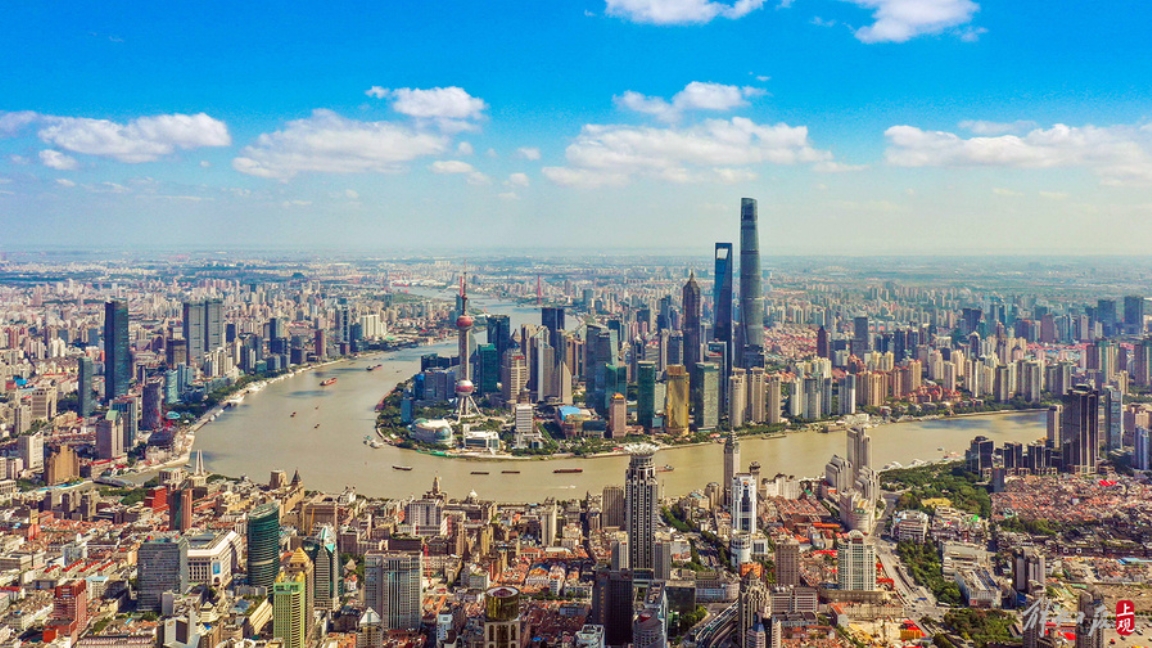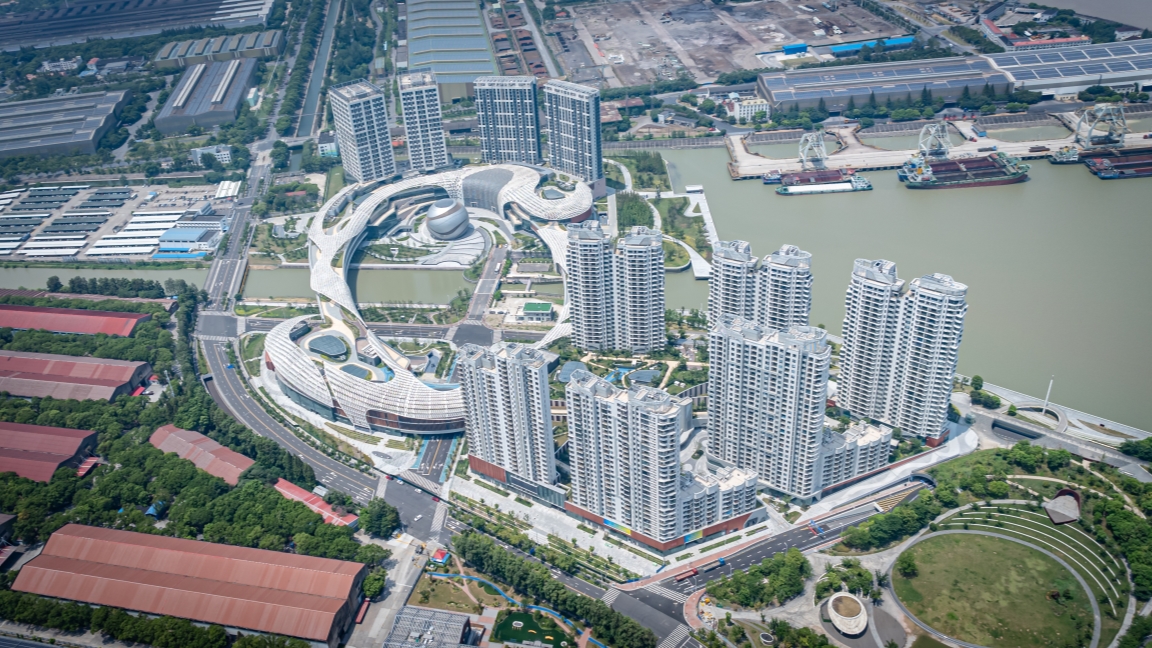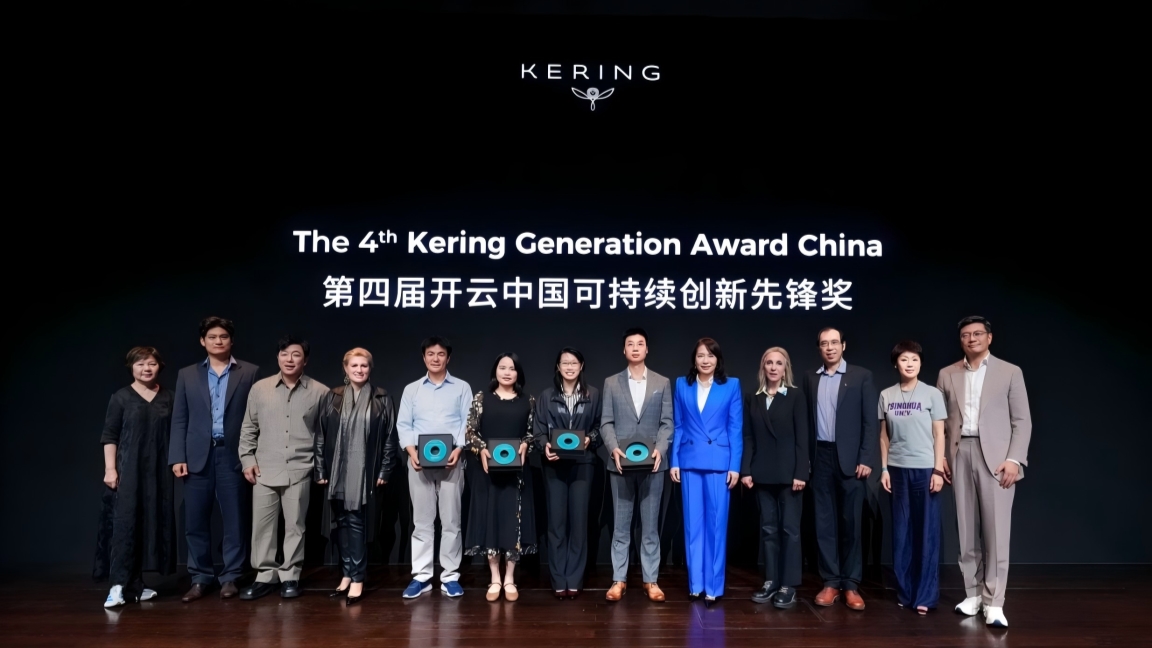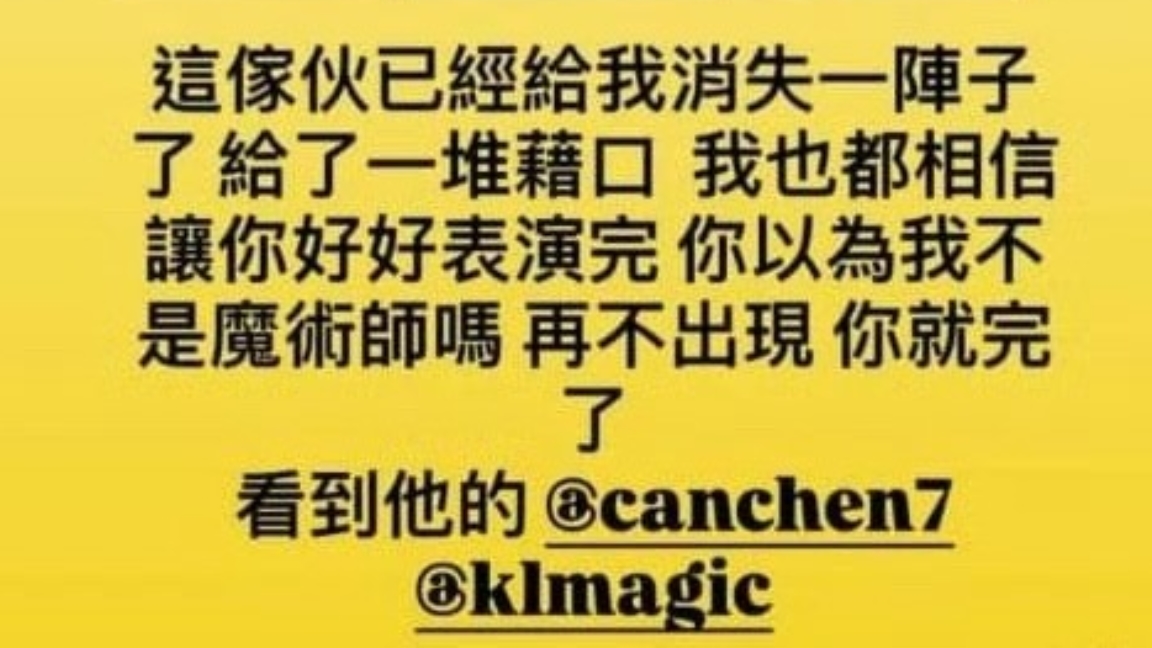Kering Award Puts the Spotlight On 'Water-positive Impact' On Fashion Industry
In the world of fashion, carbon gets most of the headlines. But behind every T-shirt and pair of jeans lies a quieter crisis: water.
From thirsty cotton fields to dye-soaked factory floors, fashion's water footprint is enormous – and notoriously opaque. A single pair of jeans can take thousands of liters to produce, much of it drawn from regions already stressed by drought or pollution.
That's why this year's Kering Generation Award China, with a new focus on "water-positive impact," feels timely. While the award stage in Shanghai spotlighted clean-tech startups with wastewater treatment systems and waterless dyeing methods, the real question lingers offstage: can these promising ideas scale beyond prototypes and PowerPoints?
In a country where fashion production is fast, fragmented, and price-driven, even the most elegant green technology can struggle to survive. Yet a handful of Chinese entrepreneurs are trying anyway, betting that water may be fashion's next battleground and possibly its next big business.
"People tend to think water is everywhere – after all, we live on a blue planet," said Ren Wenwei, head of the World Wide Fund For Nature (WWF) Shanghai office and director of Water Practice at WWF-China. "But if you turn all the water on Earth into a thousand-dollar bill, only about two and a half cents of that is freshwater we can actually use."
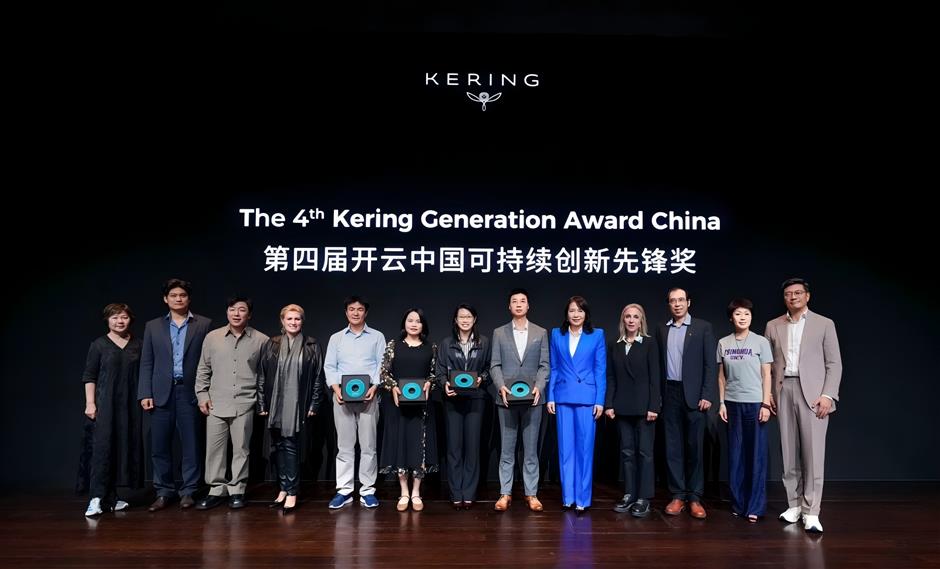
China, he added, faces an even sharper imbalance. The south is drenched; the north is parched. The country holds 6 percent of the world's freshwater but supports nearly one-fifth of its population. And as climate change intensifies, the seasonal swings are widening – flooding in summer, droughts in fall – making clean, usable water both precious and unpredictable.
For the textile industry, that scarcity has long been both a cause and a consequence. Cotton farming, dyeing, and finishing together account for nearly 10 percent of China's industrial wastewater discharge, Ren noted. "We've made progress since the days when entire rivers ran the color of denim," he said, "but the path to truly clean water is still a long one."
In response, a new generation of scientists and founders are trying to rethink how water is used, managed, and even valued.
Some are engineering it to disappear – like the team behind a textile-based 3D evaporative crystallization platform, which won first place at the Kering awards.
"Traditional methods boil wastewater to make it evaporate – that burns a lot of energy," said Chen Xi, co-founder of Interphase. "We use a layered textile structure to spread the liquid out in space, like stretching a drop of water into a thin film. More surface area means faster evaporation, no heat needed. And in the process, we can also recover valuable residues like trace metals."
Others are asking whether fashion's color itself can be recoded.
Daosheng Synbiology, the second-place winner, reengineered bacteria to biosynthesize indigo, the iconic dye used in denim, with zero chemical runoff. "We combined genes from plants and microbes to build a new kind of cell factory," said Yuan Lin, the company's CEO. "Biological indigo keeps the spirit of natural dyeing but eliminates the water waste and toxicity of synthetic dye."
Still others are watching what flows out of the system, not just what goes in.
Purvée Tech, which took third place, developed a compact, AI-powered scanner to detect microplastics and microfibers – both in water systems and in finished garments. "We wanted something fast, field-ready, and easy to use," said co-founder Chen Qiqing. "If we can't measure the pollution, we can't manage it."
For now, most of these innovations remain closer to the lab than the factory floor. Industry adoption is slow, pricing remains a hurdle, and measurable impact is still years away. But the pressure is growing. China's textile sector is already under scrutiny for its water footprint, and as regulators and global brands push for cleaner supply chains, the need for credible, scalable solutions is only rising.
That makes the stakes for these startups more than symbolic.
"True innovation is not only about creating new solutions," said Marie-Claire Daveu, Kering's Chief Sustainability and Institutional Affairs Officer. "It's about restoring balance between nature and business."
Whether that balance can be achieved or sold remains to be seen. However, in a surface-driven industry, water is now demanding a more profound examination.


In Case You Missed It...
![[Hai Lights] 7 Foodie-Themed Gifts for This Holiday Season](https://obj.shine.cn/files/2025/10/16/b5293ca8-61d0-4007-96f3-f4bf0b9be092_0.jpg)

